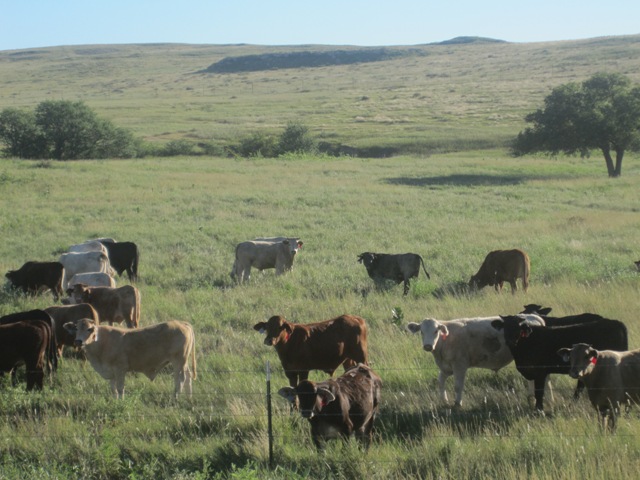Image courtesy Wikipedia.
The Federation of Sovereign Indigenous Nations says a lack of environmental protection is leaving Crown land lessees vulnerable.
Chief Bobby Cameron says there is a lack of environmental standards on former federal pasture lands the province took control of in 2012 and lessees are vulnerable without proper monitoring. Cameron’s statement comes after 200 cows and calves were found dead of apparent dehydration from drinking alkaline water from a former PRFA pasture near Chaplin.
The FSIN Chief says in a release that the incident at the former Shamrock PFRA pastures shows how vulnerable the lessees of the 61 PFRA pastures are when proper monitoring is not done.
“The land and waters are sacred to us. Our Inherent and Treaty rights to the protection of our lands and waters supersedes provincial jurisdiction,” said Cameron. “When the land and water is contaminated it impacts everyone. It is not just the patrons who suffer, but our First Nation people who rely on the wildlife that drinks the same water.”
Prior to 2012 and the the transition of the former PFRA pastures back to the provincial government, the federal government maintained the land and the environmental health and integrity of the pasture lands for a nominal grazing fee. When the provincial government received administration and control of the PFRA pastures, Agriculture Minister Lyle Stewart said the province did not want to maintain the same level of responsibility for the lands. Instead, the pasture patron groups would be charged a lease fee to continue to use those lands. Cameron says the FSIN is proposing the province work with the pasture patrons and Treaty Land Entitlement bands to look at options on those grazing lands.
The FSIN says some bands are looking at buying the pastures where they would continue to work local cattle producers on leasing the property.
In a statement provided to MBC News, the province said: “These incidents, while infrequent and rare in Saskatchewan’s history, have unfortunately occurred in the past when pasture operation has been under the control of the federal and/or provincial government, so to infer there is a correlation between a particular ownership model and a safety situation is inaccurate.” It also said that “ranchers and professional pasture managers bring tremendous awareness and expertise to managing the local conditions for their livestock as well as the ecological integrity of the land.”
